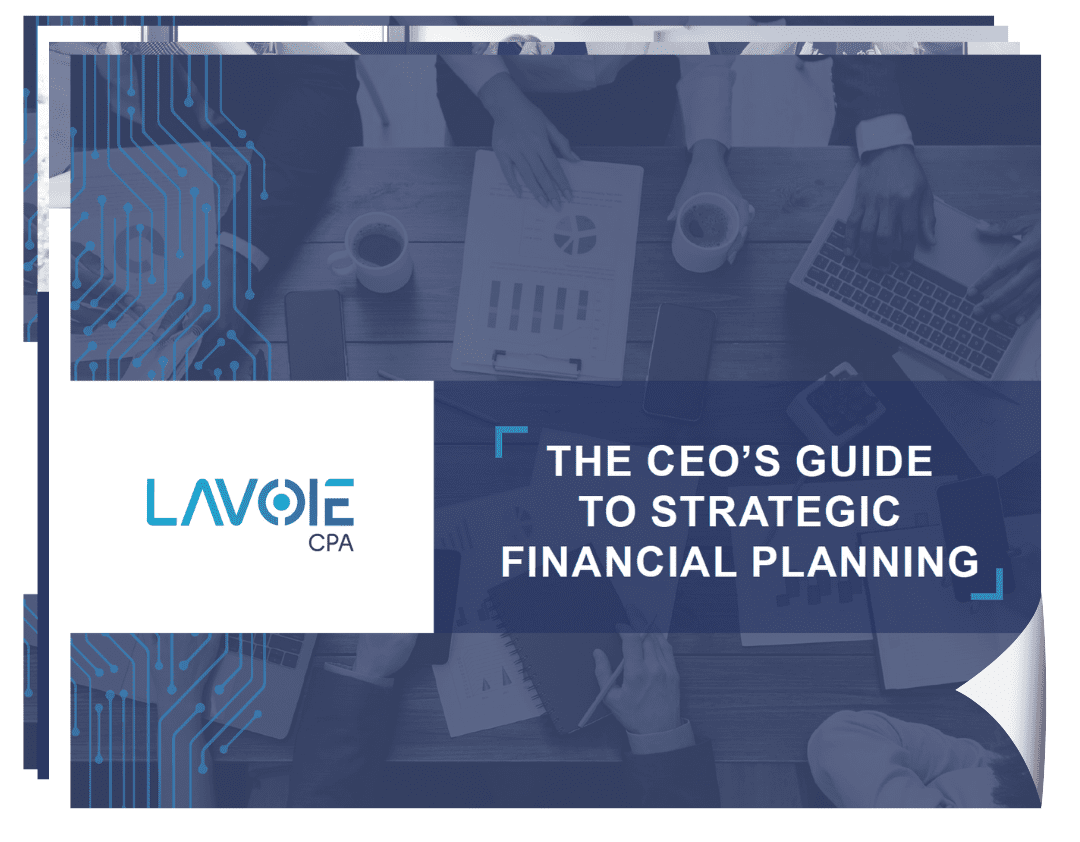
12 Signs It’s Time to Outsource Your Accounting
Every business knows that there are times, be it times of growth or times of strain, that additional accounting resources are needed to help the business meet or exceed its goals. The question remains: How do you know when it’s that time? We’ve outlined 12 common scenarios that signal when you need to look for an outsourced accounting partner.
1. Is there high turnover in your accounting department?
If your accountants or accounting clerks are leaving in droves, and the accuracy of your financial records is degrading, then it’s time to outsource. Outsourcing your accounting will ensure you have the personnel, systems, and tools to get you back on track.
2. Is your administrative staff overwhelmed by accounting tasks?
Transaction volumes, technical accounting issues, and system deficiencies can cause you and your staff to be stretched thin, especially if your team lacks the in-depth knowledge to handle accounting tasks with accuracy. When you start noticing your team making consistent errors, consider outsourced accounting. By partnering with a team of experts, you can ensure project accounting, month-end-close or payroll processing are all accurate.
3. Are your accounting systems old or outdated?
Technology is constantly evolving including cloud-based accounting and time management systems. These systems can be cost-prohibitive for some businesses, and there are so many options in terms of brands and applications, it can be difficult to choose one. An outsourced accounting firm like Lavoie can help you select the right system for your business. Additionally, an outsourced accounting firm can help you optimize accounting software so you’re maximizing the tool to benefit your business.
4. Is accounting eating up too much of management’s time?
In running a business, your customers are the number one priority, and you should devote as much time as possible to meeting their requirements. Distractions such as spending inordinate amounts of time on accounting can keep you from satisfying your clients. Relieve the stress on you and your leadership team by outsourcing to Lavoie. We can help your teams focus on the most important aspects of your business by taking over the accounting tasks for short or long-term projects.
5. Is your business growing at a rapid pace?
When your business is winning and starting to take off at a rapid pace, it can be exciting. All of that growth, however, can create challenges in terms of accounting. You need to pay invoices and collect on receivables to ensure your business remains viable. The fastest and most accurate solution to support your growth is to work with an outsourced accounting firm. Otherwise, the time spent on hiring an in-house staff member can hinder or stall your growth.
6. Are you unable to assess the profitability of your business?
Understanding the financial position of your business, and its overall profitability is a necessity. Otherwise, you cannot steer your organization in the right direction. An outsourced accounting firm has the experiences and tools in place to not only paint your current financial situation but also to explain how you got to this point and where you should go next.
7. Is your business not as profitable as it should be?
While your top-line sales may be growing, and you are turning a profit, your business may not be realizing its full potential. There may be extra costs and wasteful expenses that can be cut from your budget. An outsourced accounting firm can help you prepare budgets, identify wastes and help scale your operations for long-term sustainability.
8. Do you lack forecasting capability?
Being able to forecast sales, cash flow, profit margins and a myriad of performance metrics related to your business is integral for effective decision-making. If you do not have a financial analyst, and your accountants do not have the time or capability, an outsourced accounting firm can help establish meaningful forecasts and budgets to help steer your business. We have the tools and insight to make your forecasts more meaningful.
9. Do you have enough work for a full-time accountant?
There are situations that call for an in-house accountant or bookkeeper. However, if you don’t have enough workload to justify the costs of hiring a full-time employee, an outsourced accounting firm is a cost-effective alternative. Reduce your overhead by using professionals only when you need them.
10. Is there more work than your full-time accountant can handle?
If there are seasonal fluctuations in the workload of your full-time accountant, and you need occasional support to maintain your accounting function, an outsourced accounting firm can help fill in the gaps.
11. Do you need technical accounting assistance?
The world of accounting can be complex. If there are technical issues that your team cannot crack, you can temporarily broaden your skill-set by bringing in an outsourced accounting firm. They can help advise your accounting team or takeover tasks that require a higher degree of experience and knowledge.
12. Is your accounting missing critical customized reports?
The usefulness of accounting and finance departments goes well beyond financial statements. Ad hoc reporting for management decision-making can prove critical when purchasing equipment, determining capital structure, and making decisions about employee headcount among many other scenarios. Lavoie can help you understand your business through custom reports and synthesis of your financial data.
In Summary
When your resources are limited, or you need additional accounting or business expertise, outsourcing to Lavoie can make all the difference. You can streamline your administrative processes, improve the quality of your financial reporting, and scale your business for growth. To learn more about Lavoie and outsourced accounting engagements, please contact us today. We are ready to help you meet your objectives with support services.






